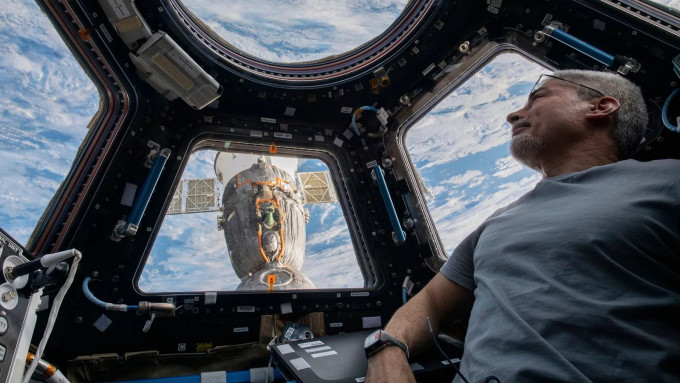Why astronauts may be at an increased risk of renal calculi or kidney stones
Going to space may seem exciting, but it must be known that astronauts — especially those living in microgravity for a long time — may be at risk of developing various health problems including eye issues, DNA damage, and effects on the brain. The list, unfortunately, does not end there. According to doctors, they may also get renal calculi or kidney stones. But why is that?
Before we dive into the reasons, let’s understand a little more about kidney stones, also called nephrolithiasis or urolithiasis.

According to Mayo Clinic, these stones are “hard deposits made of minerals and salts that form inside your kidneys”. It added that some factors responsible are diet, excess body weight, some medical conditions, and certain supplements and medications. “Kidney stones can affect any part of your urinary tract — from your kidneys to your bladder,” it reads.
But what increases the risk of developing kidney stones in space?
Dr Haricharan G, senior consultant physician, HoD, internal medicine, Gleneagles Hospitals, Lakdi Ka Pul, Hyderabad said this increased risk is primarily due to the “unique conditions of microgravity that affect the human body during space travel”.
In microgravity, the body experiences a shift of fluids from the lower to the upper body. “This fluid shift leads to an increase in calcium excretion through the urine as bones lose density — a process known as spaceflight osteopenia. The elevated levels of calcium in the urine can contribute to the formation of calcium-based kidney stones,” explained Dr Haricharan.
Moreover, decreased physical activity in space can lead to reduced urine flow, another factor that increases the risk of kidney stones. “Without regular exercise, astronauts might experience stasis in their urinary tract, allowing minerals to crystallise and form stones,” noted Dr Haricharan.
 Can microgravity create health issues? (Source: AP)
Can microgravity create health issues? (Source: AP)
Dehydration is also a common issue in space, as astronauts may not feel as thirsty and thus may not drink enough fluids. According to Dr Haricharan, reduced fluid intake can concentrate the urine, further increasing the likelihood of stone formation.
“To mitigate this risk, astronauts are advised to stay hydrated, monitor their calcium intake, and engage in regular exercise to maintain bone health and reduce the likelihood of kidney stone formation,” said Dr Haricharan.
DISCLAIMER: This article is based on information from the public domain and/or the experts we spoke to. Always consult your health practitioner before starting any routine.
📣 For more lifestyle news, click here to join our WhatsApp Channel and also follow us on Instagram
Disclaimer: The copyright of this article belongs to the original author. Reposting this article is solely for the purpose of information dissemination and does not constitute any investment advice. If there is any infringement, please contact us immediately. We will make corrections or deletions as necessary. Thank you.

